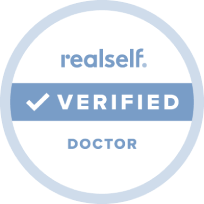We have been exploring the medical uses for Botox, beyond its cosmetic genius for reducing the appearance of wrinkles and fine lines. In a previous blog, we learned about Botox for the treatment of chronic migraine, improving the lives of many Americans suffering from that debilitating condition. Now we would like to take a closer look at Bruxism and how Botox can help with it.
What is Bruxism?
Have you ever caught yourself clenching your jaw tightly or grinding your teeth? Or maybe you wake up with a sore jaw and wonder what was going on while you slept? It is possible that you have Bruxism - a condition in which you clench, gnash, or grind your teeth. It can occur while you’re awake and conscious or when you’re sleeping. Sleep bruxism is particularly concerning because it is associated with other sleep disorders such as snoring and sleep apnea (pauses in breathing). If your bruxism is severe enough, whether it be awake or sleep bruxism, it can cause discomfort, headaches, jaw disorders, and it can even damage your teeth. Regular dental care can help diagnose bruxism since it causes enamel wear and even broken teeth. Receding gums is an indication and that’s no joke. It puts you at risk for gingivitis which can lead to heart problems. Never thought grinding your teeth was such a big deal, did you?
What Causes Bruxism?
Dentists are not certain what causes bruxism, although they suspect factors such as stress, personality type, and heredity are contributors. Awake bruxism seems to be related to anger, anxiety, or tension. It can also be a habit formed when you are concentrating. Sleep bruxism is a bit more of a mystery, but has been linked to fatigue, alcohol consumption, cigarette smoking, and sleep apnea.
Treatment for Bruxism
When searching for ways to alleviate your grinding or clenching, it is sometimes enough that you have become aware of it. Though it can be difficult to shift behaviors like this one, it can be done. Stress and anxiety management, behavioral therapy, and biofeedback have been used to treat this condition. For some people, though - especially those who have sleep bruxism - different interventions are necessary. Dental approaches to treatment include splints or mouth guards, designed to separate the upper and lower jaw or keep a “cushion” between them. Although these tools won’t address the actual condition, they will protect your teeth and jaw from further damage.
Botox to Treat Bruxism
Simply speaking, and in its traditional use, Botox smooths wrinkles on the face. It works by blocking the neurotransmitters that cause muscle contractions. It’s not a leap, then, to think that it might work for a muscular condition like Bruxism. Botox injections operate in essentially the same way to calm mandibular muscles that you use to clench your jaw and grind your teeth. Not so much that it interferes with speaking, eating, and other everyday activities, but just enough to reduce extreme movement and put a stop to clenching, gnashing and grinding.
What is Treatment Like?
Like all injectable treatments, Botox is administered in the office, using a local anesthetic. Appointments are short, and there is no downtime. To treat bruxism, Dr. Raval injects several tiny doses of Botox into the masseter muscle on each side of the jaw – near the joint, in front of each ear. You can see how it works in this short video.
Results take 3 or 4 days to kick in, about 10-14 days to reach their peak, and the injections last about 3 months. As with other Botox injections, treatment is renewable.
Will Botox Help with Your Bruxism?
If you grind or clench your teeth - when you’re awake or asleep - this is something you should discuss with your dentist. But this condition cannot be cured, only treated. So if you’re tired of the pain and interrupted sleep, or worried about permanently damaging your teeth, why not schedule a consultation with Dr. Raval? It’s your chance to learn whether Botox injections could help you.
- Acne
- Botox/Dermal Fillers
- Browlift
- Chemical Peels
- Chin Augmentation
- Consultation
- Denver Facial Plastic Surgeon
- Deviated Septum
- Eyelid Procedures
- Facelifts/Necklifts
- Headaches/Excessive Sweating
- Healthy Living
- Laser Hair Removal
- Laser Treatments
- Latisse
- MedSpa
- Memberships
- Microdermabrasion
- Nasal Valve Collapse
- Non-Surgical Procedures
- Rhinoplasty
- Skin Care
- Thread Lifts
- Wrinkle Treatments


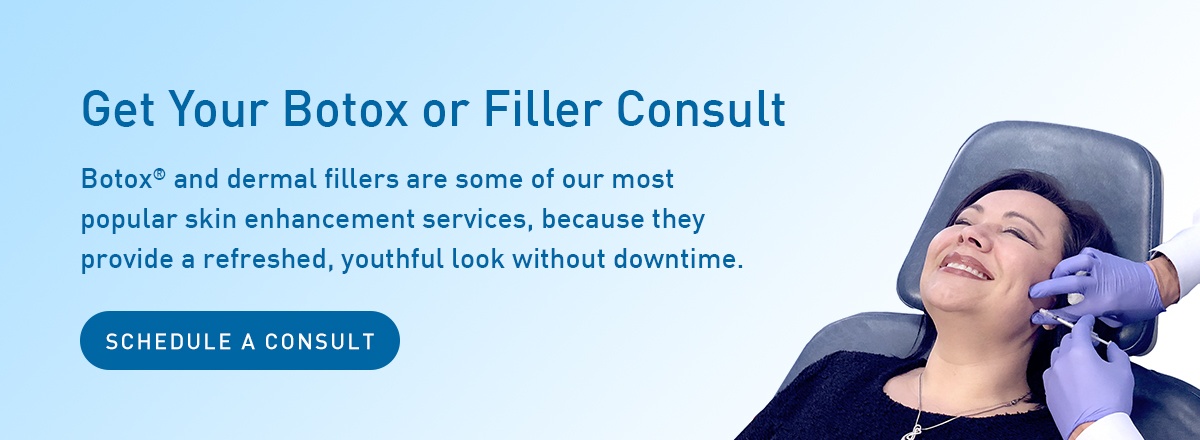
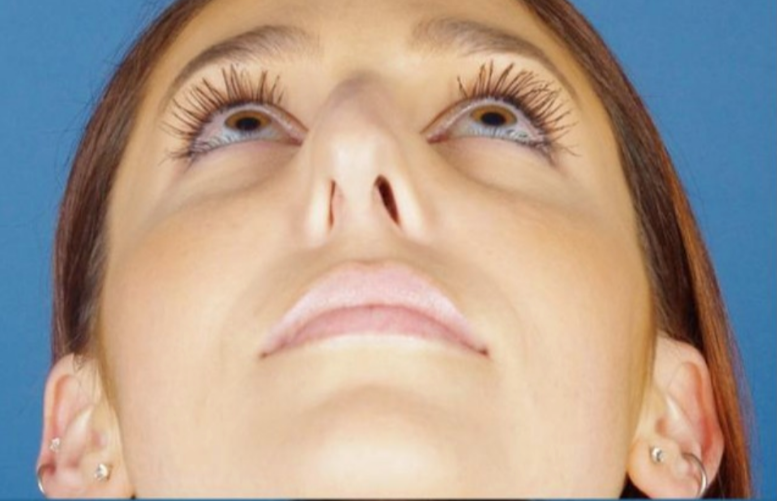
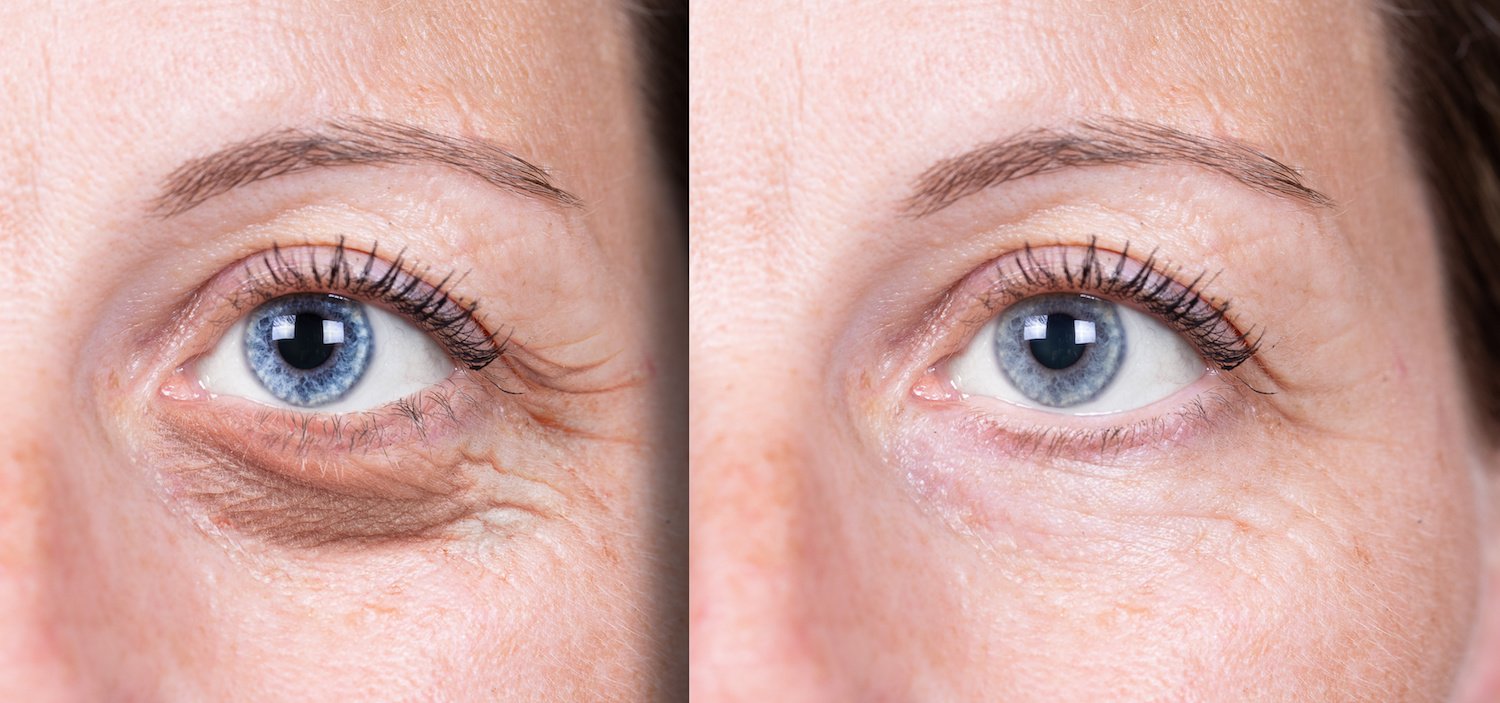
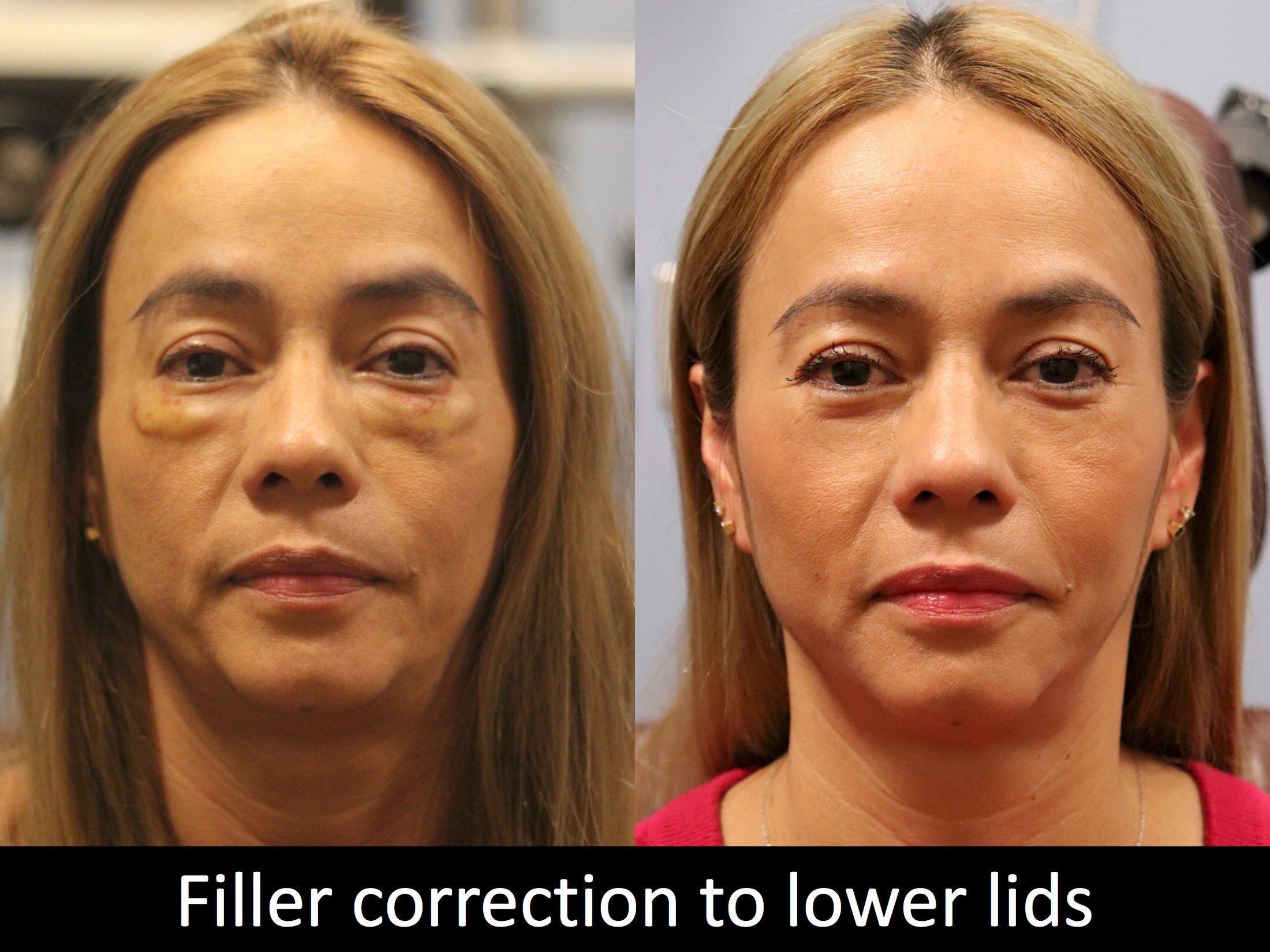
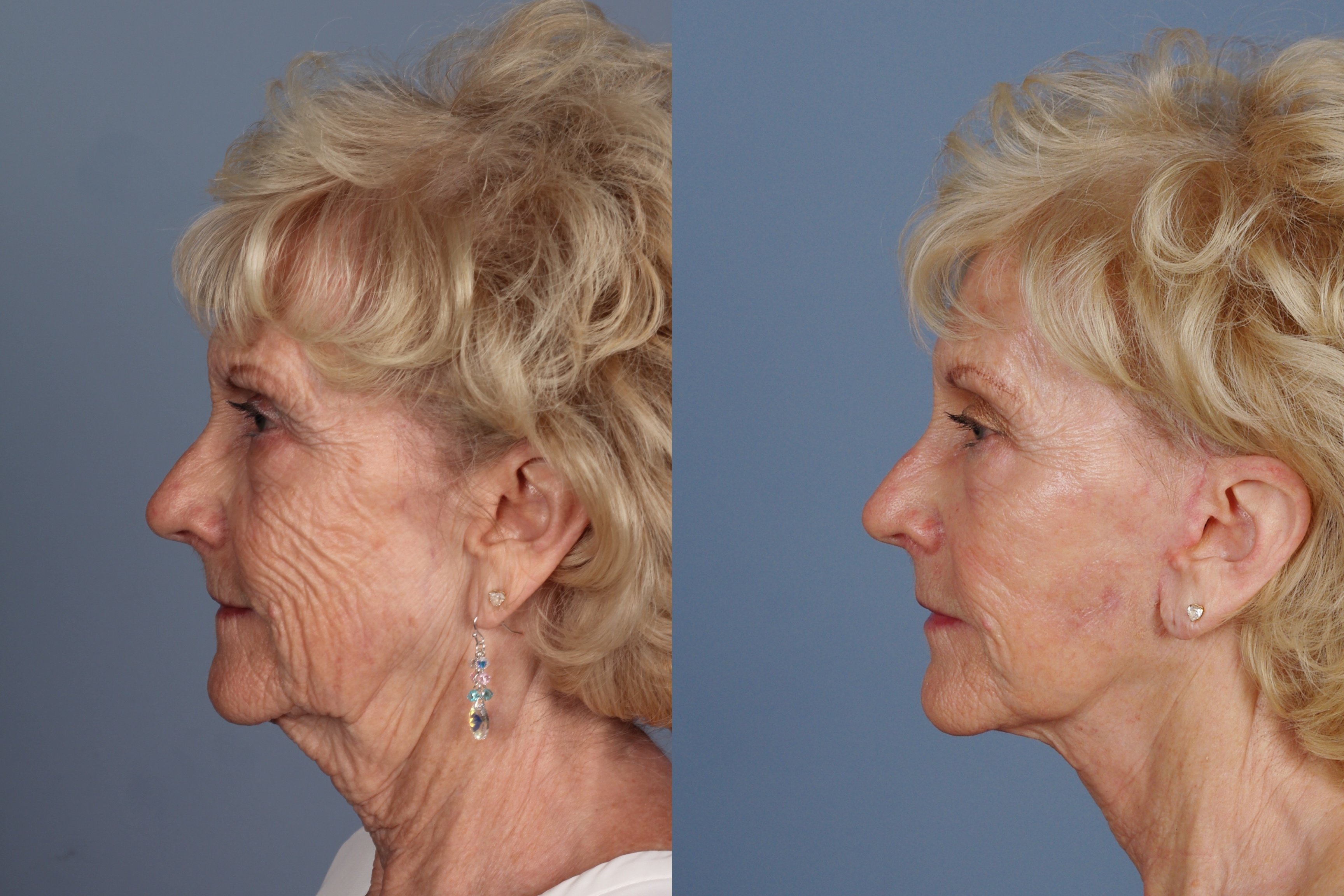
.jpeg)






